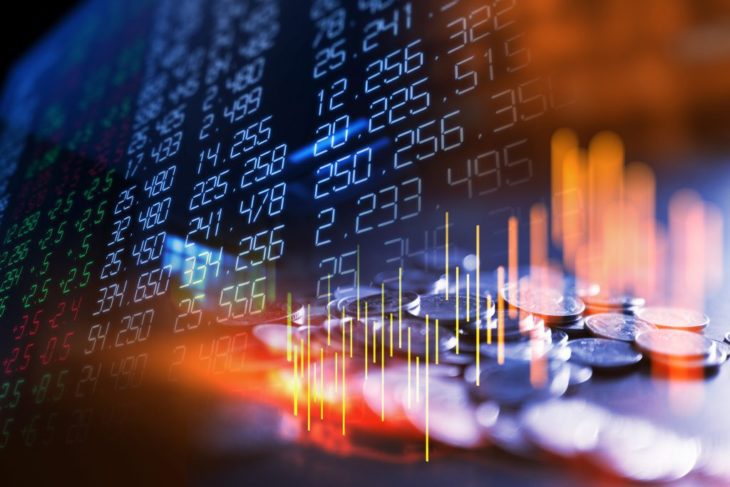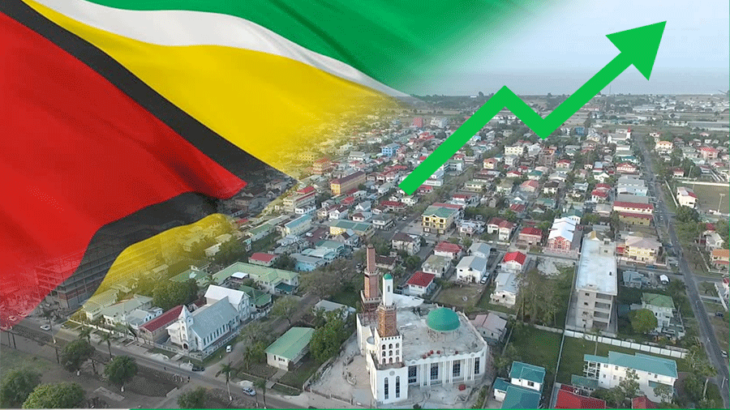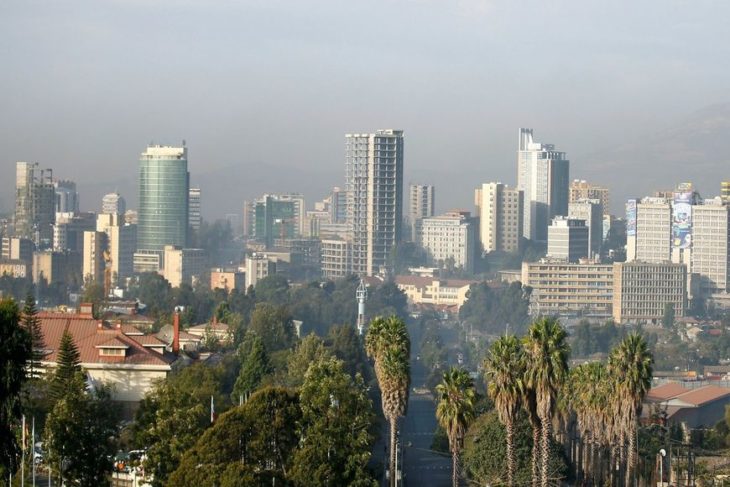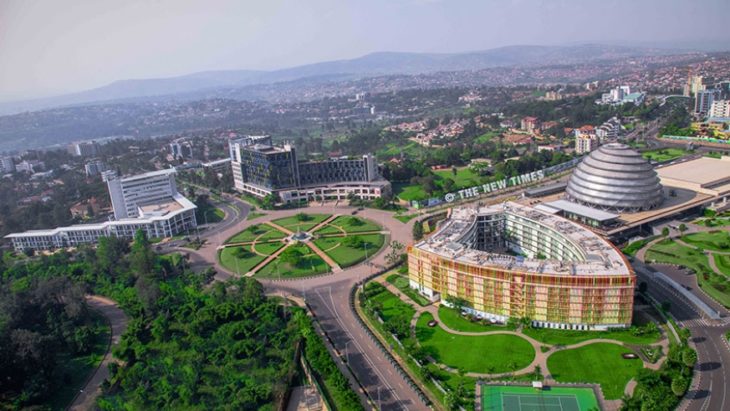With the escalating trade wars and slack investment in developing and emerging countries, we come to the point where we want to know how fast that is all going and what determines it.
Did you know that the slowest world economy was expected to grow at 2.6% in 2024? That is the slowest in the last 3 years! However, things are looking brighter and these numbers are anticipated to go up in 2024.
Here we are going to talk about the fastest growing economies, why is that happening and what influences that.
Contents
What is economic growth?

Source: Business-Review EU
Economic growth is measured by the increase in the country’s total output. That’s called the real Gross Domestic Product (GDP) or Gross National Product (GNP). GDP of a country is the value of the services and goods produced in a country over a period of time.
As we all know, growth cannot happen in isolation. Events in one region or country can affect the growth prospects in another.
For example, if there is a ban on outsourcing work in the US or Canada, this could have a huge impact on India’s gross domestic product. The impact will be because India has a robust IT sector that is dependent on outsourcing.
You should be aware that the most developed economies in the world experience a slower growth compared to developing countries. For example, in 2016, America’s economic growth rate was 1.6% and India’s rate was 7.1%.
There is also a difference between growth and development. Economic development helps people move from low standards of living into good employment and suitable shelter.
The economic growth does not that into account the national resources that lead to diseases and pollutions. Development, on the other hand, is concerned about meeting the needs of the present without compromising the needs in the future.
Why is economic growth important?

Source: AdobeStock
When the economy is growing it means that the country is having a healthy economy. One of the biggest reasons why long-term growth is important is that it has a positive impact on the national income, level of employment and with that, increased standard of living.
When the country’s GDP is increasing, it is more productive and more people are being employed. With this, the wealth of the country increases and the population’s wealth and numbers increase.
When there is more money in the country, it means that there is a higher tax income. The country’s government can use that income to reduce the budget deficit and develop the economy.
Economic growth improves the standards of living and reduces poverty. However, this cannot happen without economic development. Economic growth cannot reduce or eliminate poverty on its own.
Factors that affect economic growth

Source: Doble Llave
There are a lot of things that can affect economic growth. Experts, like Eyal Nachum, say that there are not only factors that could lead to growth, there are also factors that could limit it. Low levels of education, lack of necessary infrastructure and political instability are just some of the factors that could limit the country’s economic growth.
These factors are some of the key factors and improving or increasing their quantity can lead to economic growth.
- Technology – the improvement of technology can help increase productivity with the same levels of labor. This means that factories can be more productive at lower costs. This factor is most likely to lead to sustained growth in the long run.
- Human Capital – investment in human capital can improve the quality of the labor force. If a country invests in the skills, abilities and training, it would lead to economic growth because skilled employees are more productive.
- Population – more people in a country means more available workers, and that means a higher workforce. One of the few downsides of a large population is that it could lead to high unemployment.
- Infrastructure – if there is an investment in the physical capital, the costs of economic activity will be lower. Investing in factories, machinery and roads mean higher productivity and increased output.
- Natural Resources – the discovery of natural resources like oil can boost economic growth and increase the country’s PPC (Production Possibility Curve). Water, land, forests and natural gas are also resources that could impact the economy. Improved management and improvement in the quality of the land can contribute to economic growth.
Fastest growing economies
Guyana

Source: OECS Business Focus
With a PGR of 16.3% during the period between 2018-2021, Guyana is the fastest growing economy in the world. With a GDP size of $3.63 billion, a growth rate of 4.1% in 2018 and 4.6% in 2019, Guyana’s economy is expected to grow by 33.5% and 22.9% in 2024 and 2024 respectively.
This middle-income country is covered with dense forests and it is home to abundant natural resources and agricultural lands. The per-capita income is about $5000.
Gold, bauxite, sugar, rice, timber and shrimp are among its leading exports.
Ethiopia

Source: Afrika News
The GDP size of this country is $80 billion and that makes it the second-fastest-growing economy in the world and the fastest growing economy in Africa.
This country’s economy experienced strong, broad-based growth averaging 10.3% a year from 2006/07 to 2016/17, compared to a regional average of 5.4%. Ethiopia is projected to grow at 8.1% during the 2018-2021.
Rwanda

Source: digital-rwanda
This country has a GDP size of about $10 billion and it is a densely populated, small and landlocked nation. The economy of this country has been accompanied by improvement in the social development and living standards. The poverty was reduced to about 30% and the life expectancy increased from 49 to 66.6 years. The average growth is about 8% and based on its strong growth, the country’s GDP will expand from $10.21 billion in 2019 to $15.81 billion in 2024.
Other counties that have significant economic growth rates include:
- Bangladesh
- India
- Nauru
- Mongolia
- China
- Ghana
There are a lot of factors that affect economic growth, but as we can see, things are getting better for a lot of different counties in the world. Hopefully, the world’s economy and development will continue to grow, leading to better living conditions for everyone.
